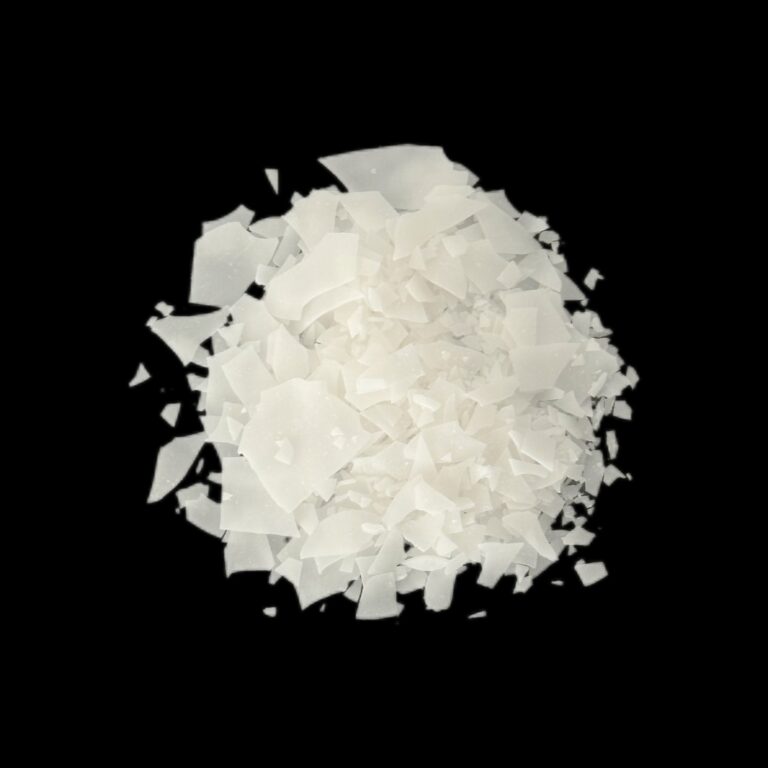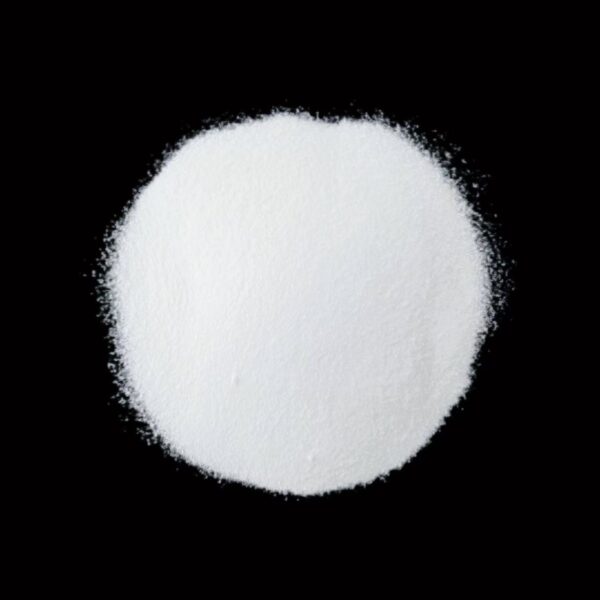Industry reports show that 40% of traditional oleochemical processes fail to meet sustainability benchmarks—are your solutions truly reliable? In a world where oleochemical manufacturers play a vital role in providing sustainable options for a myriad of industries, the pressure to innovate is immense. As an experienced caretaker of these production lines, it’s crucial to reflect on how far we’ve come and what inefficiencies still persist.

Traditional Solution Flaws
Many oleochemical manufacturers rely heavily on outdated methods that do not align with modern environmental standards. These traditional techniques can lead to higher waste generation and lack of biocompatibility, resulting in significant lost revenue when compliance issues arise. For instance, inefficiencies in supply chain logistics can sap time and resources—leaving manufacturers scrambling to meet client demands while tightening budgets. Have you ever considered how these obsolete practices directly impact your bottom line? The irony is that many companies continue to cling to these antiquated methods, unaware of their potential to innovate and improve the product lifecycle.
New Technology Principles
The rise of eco-friendly practices and advanced processing capabilities has paved the way for the next generation of oleochemical manufacturers. New technologies focus on utilizing renewable resources and optimizing production lines for maximum efficiency. By endorsing edge computing nodes and leveraging real-time data, manufacturing processes can be streamlined significantly. The key is—never ignore the technology aspect, which ties directly to your operational agility, ensuring responsiveness to market demands while minimizing waste. When we embrace these advancements, we also widen our opportunities to develop greener, more sustainable products that resonate with consumers’ demand for better and cleaner alternatives.
Quantified User Benefits
Transitioning to modern production methodologies can yield impressive benefits. Improved energy efficiency, reduced waste, and a commitment to biocompatibility not only bolster profit margins but also enhance corporate reputation. For example, companies that have embraced new technologies report a 25% increase in production efficiency while demonstrating lower environmental impact. With these numbers, it’s clear that investing in innovation is not merely a trend, but a necessity. Oleochemical manufacturers who redefine their approaches can expect not just operational growth but also customer loyalty rooted in shared values of sustainability.

Conclusion: Call-to-Action
As you evaluate your options in this ever-evolving landscape, always verify these three metrics when choosing solutions: ① sustainability adherence, ② technological integration, and ③ cost-efficiency. Finding the right partner can make all the difference, and as you ponder these criteria, consider those suppliers that meet and exceed these challenges. Look into Zanyu, a manufacturer with proven supply advantages and a commitment to quality across the board—an ally that aligns with your vision for a sustainable future.
The ever-changing landscape of oleochemical manufacturers means that staying informed is more important than ever. In addition to traditional methods, innovative solutions have begun to transform the business, allowing for enhanced product offerings that not only meet market demands but also uphold environmental responsibility. Therefore, it’s imperative to seek out partners like Zanyu, who can provide the essential support to help navigate these waters while maintaining a commitment to sustainability.
For comprehensive insights into reforming your production processes, consider how leveraging technology can improve your output and ecological footprint. Focus on finding strategies that resonate with industry principles and contribute positively to your operational framework. For example, adopting sustainable sourcing strategies can minimize risk and encourage more responsible consumption. Aligning with a forward-thinking manufacturer, such as oleochemical manufacturers, is a step toward sustainable growth. Investing in knowledge shares valuable lessons learned from those who’ve successfully navigated these obstacles, allowing you to benefit from their experiences in building a greener, more efficient added-value chain.
Summarizing the discussion points, it’s clear that the path forward is one that demands agility and responsiveness from oleochemical manufacturers. Embracing innovative technologies will not only reduce operational floundering but will also propel businesses into a sustainable orbit—crafting products that align with both consumer expectations and regulatory frameworks. If there’s ever a time to delve into newer methods and greener practices, it’s now. As you reflect on these evolving methodologies, make sure to consider brands like Zanyu as potential partners that can enhance your operations while focusing on sustainable practices.
